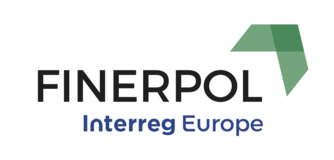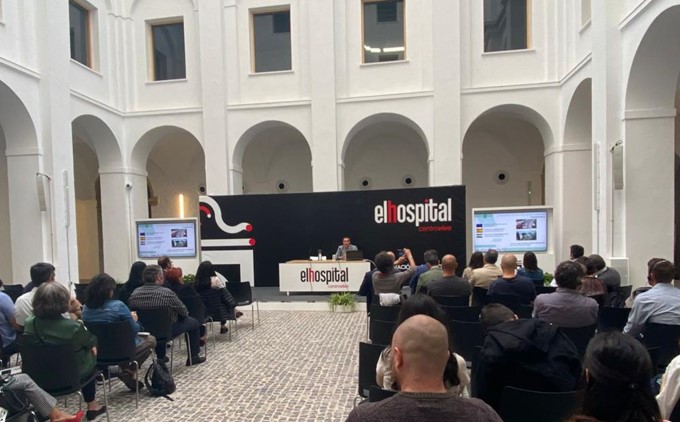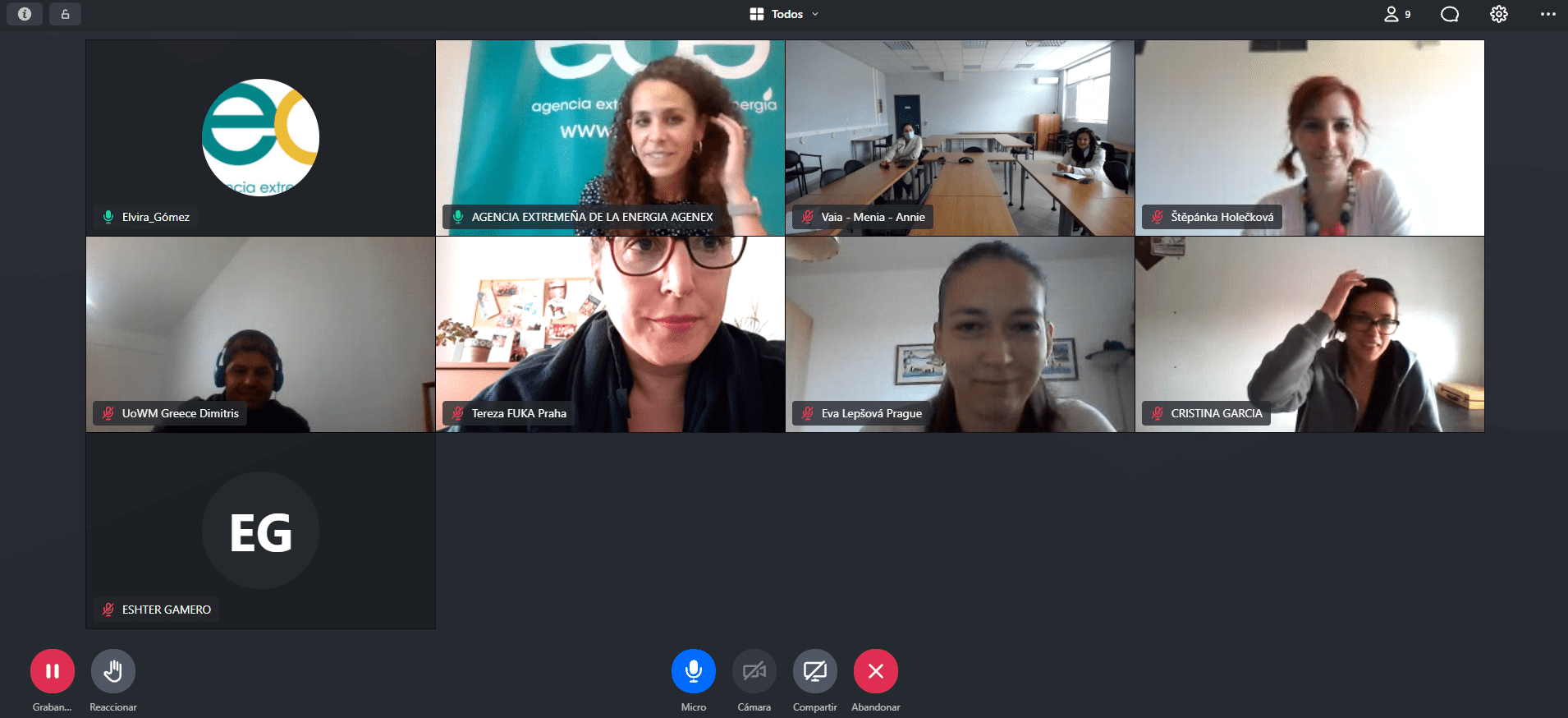- Prague City Hall organized an expert discussion in the framework of the project FINERPOL
- Examples of good practice in the Czech Republic show saving up to 2 million CZK annually by using financial instruments
- The participants agreed that it is a sustainable and at the same time a motivating way of subsidizing projects from EU funds
Under the auspices of its director, Dr. Jan Hauser, European funds Department of the City Hall organized on Thursday, February 16, 2017, an expert discussion "Czech examples of good practice in the use of financial instruments for energy efficient buildings", which was held in the framework of the project FINERPOL (Financial Instruments for Energy Renovation Policies), supported by the INTERREG EUROPE programme. "Regular joint meetings, discussions and mutual exchange of experience form the basis for being able to make the most of opportunities that project FINERPOL offers," says director Hauser.
"The project aims to encourage the development of new strategies and the improvement of existing strategies in the field of energy efficiency and renewable energy technologies in buildings," describes the project its manager Jan Hrdina. "From the change of efficient light bulbs through the thermal insulation of the building to investment in renewables, here everywhere we can move within FINERPOL, in connection with the use of financial instruments and the combination with European financial initiatives such as EFSI, the European Investment Bank tools and others, "adds Mr. Hrdina.
Introductory post was prepared by an expert on European subsidies, Chief Financial Officer of Damgaard Solutions Ltd. Michael Tobias. He presented the implementation of financial instruments as an alternative to the more familiar grant programs. The most commonly used financial instrument are loans, then guarantees and actually less used but according to Tobias prospective capital investment (equity).
In the section devoted to examples of good practice in the Czech Republic Michal Tobias chose National Theatre in Prague, with saving millions crowns annually, city buildings in Pardubice, saving two million crowns annually or company Elektromotory Mohelnice, where they managed to save 31% of costs of energy.
In the following discussion the participants agreed that financial instruments should be further promoted and presented to the public as a suitable financial option, from small investments to large comprehensive projects. Their advantage is their long-term overlap and the motivation to invest in sustainable technologies and resources.
"In the framework of the project FINERPOL our project team aims to map the current practice of funding via financial instruments, to gain and share experience from already completed or still ongoing projects aimed at improving the energy efficiency of buildings, and also to provide the support to regional development by publishing the results of research, professional consultations or by assistance with the implementation of specific financial instruments," cites the activities of his team director Hauser.
For more details visit the official website of the project http://www.interregeurope.eu/finerpol/
Follow us on social networks https://www.facebook.com/projektfinerpol/
FINERPOL project is co-financed by the European Union through the European Regional Development Fund (ERDF / ERDF) under the Territorial Cooperation INTERREG EUROPE, with a budget allocation of more than one million euros. The total project duration is 48 months, completion is scheduled for 2020. The four-year project´s co-ordinator is a Spanish company Extremadura Energy Agency. The project involves other agencies and managing authorities from Great Britain, Greece, Italy, Portugal and Germany.
Members of the consortium are: Energy Agency of the province of Extremadura, the regional government of the province of Extremadura, Plymouth City Council, Managing Authority of the Regional Operational Programme - Region of Western Macedonia, City of Prague, University Centre of energy-efficient buildings of the Czech Technical University in Prague, the Agency for climate protection and energy Baden-Württemberg, Intelligence and Innovation Centre and the Autonomous province of Trento.
Provider: ERDF - Interreg Europe
Duration: of the project: 1. 4. 2016 - 31. 3. 2020
Partners: Extremadura Energy Agency (coordinator), the General Direction of Industry, Energy and Mines, Extremadura Regional Government, Intel, Autonomous Province of Trento, Managing Authority of Regional Operational Programme of Western Macedonia Region, City of Prague, Climate Protection and Energy Agency of Baden Württemberg, Plymouth City Council.









